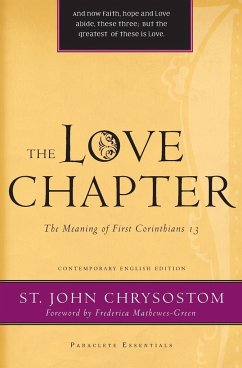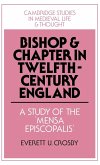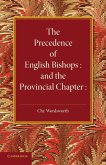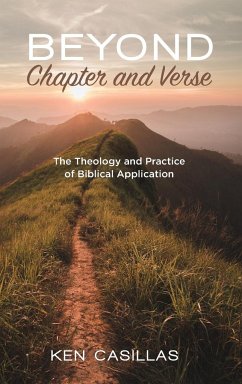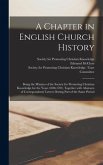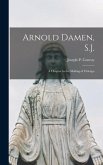St. Paul was the first to really define love. St. John Chrysostom unpacks it. One of the most important passages in the Scriptures, First Corinthians 13 is often read and rarely followed. Medieval theologian, John Chrysostom, was called the "golden-mouthed" one, for the eloquence of his preaching. His reputation extended from his native East to the Christian West, and he is remembered today as a Church Father for the entire Church. Now available in a popular contemporary English translation for the first time, The Love Chapter makes available these most important reflections of St. John, on a most important portion of the New Testament.
Hinweis: Dieser Artikel kann nur an eine deutsche Lieferadresse ausgeliefert werden.
Hinweis: Dieser Artikel kann nur an eine deutsche Lieferadresse ausgeliefert werden.

